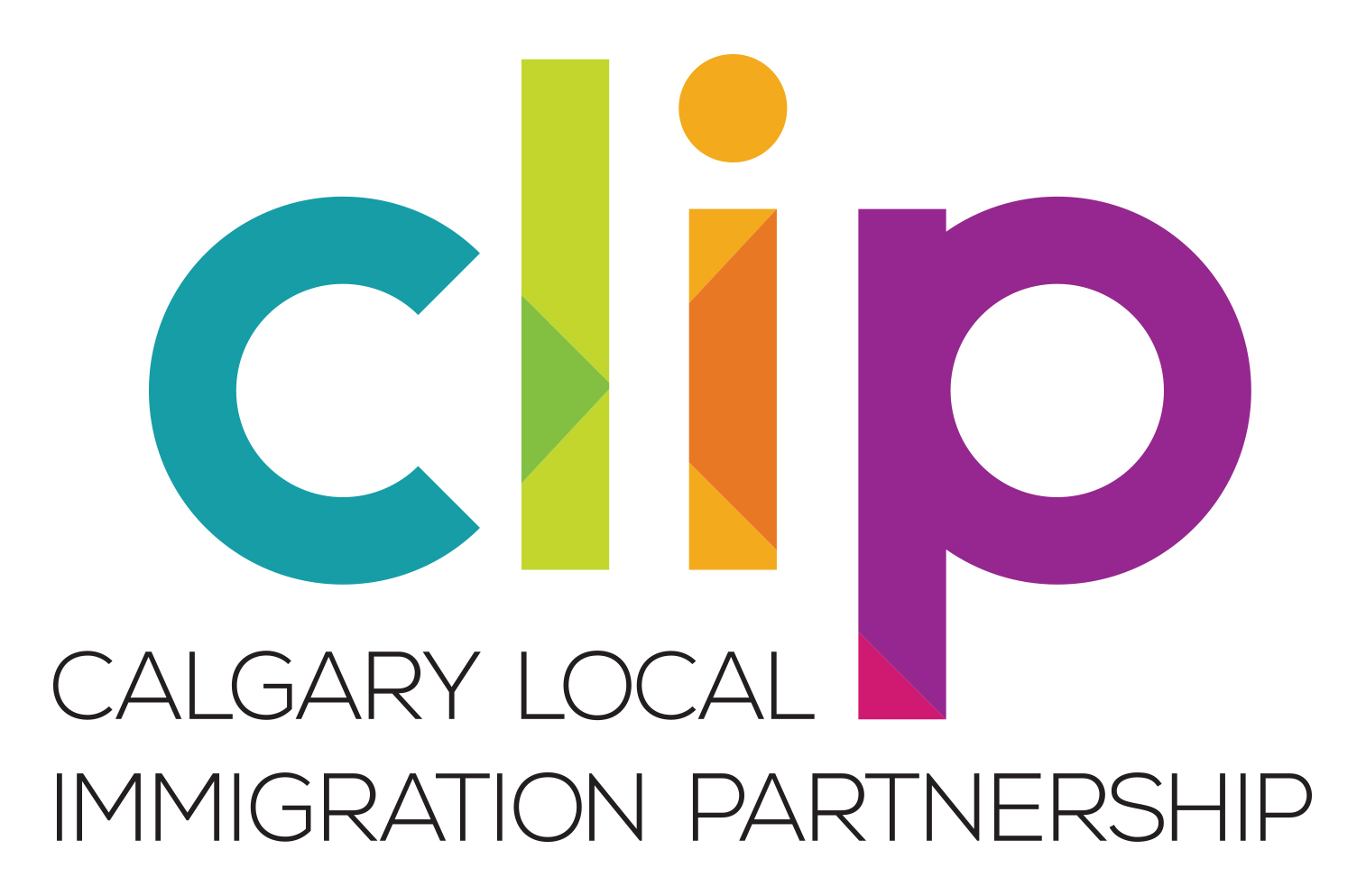Join us in welcoming newcomers to our community: FAQ
Refugees Welcome here!
“An unprecedented 100 million people around the world have been forced to flee their homes. Among them are 26.4 million refugees, around 42 per cent of whom are under the age of 18. There are also millions of stateless people who have been denied a nationality and lack access to basic rights such as education, healthcare, employment and freedom of movement. At a time when one per cent of the world’s population have fled their homes as a result of conflict or persecution, our work at UNHCR is more important than ever before” Refugee Statistics - United Nations Refugee Agency | UNHCR Canada
Canada has one of the best refugee resettlement programs in the world. Canada has pledged to resettle 40,000 Afghans to Canada and is opening its doors to thousands of Ukrainians seeking a safe haven. This is in addition to Canada’s ongoing international commitment to resettle refugees from around the world.
What does it mean to be a refugee?
Refugees are people who have been forced to leave their country and who are afraid to return because of war, violence or persecution based on race, religion, nationality, political opinion or membership in a particular social group.(2)
Are Canadians supportive of resettling refugees?
A majority of Canadians support current levels of immigration, view immigrants as good for the Canadian economy, and believe immigrants are important for building the country’s population (1)
There is clear public support for the federal government decision to accept Afghan refugees fleeing the Taliban (1)
70% of Canadians agree that Canada should accept more immigrants from places experiencing major conflict (1)
Close to half (48%) define Canada’s uniqueness in terms of its multiculturalism and the diversity of its people, a theme that encompasses acceptance of immigrants and refugees, tolerance of differences, and specific mention of Indigenous Peoples and culture. (1)
350 communities across Canada have welcomed 44,620 Syrian refugees since November 4, 2015, half of those were privately sponsored by local community groups.(3)
In 2019, 30,087 refugees were resettled in Canada, the highest number of any state worldwide (5)
Canada plans to accept 59,500 refugees and protected person in 2021, 60,500 in 2022 and 61,00 in 2023. This represents approximately 0.0016% of the Canadian population. (5)
What about newcomers, overall? Do Canadians support immigration?
Eight in ten Canadians agree with the statement that immigration has a positive economic impact (1)
Most Canadians agree that Canada needs more immigration to increase its population (1)
Canadians are almost four times as likely to say that immigration is making the country a better place (49%) than a worse one (13%). (1)
Canadians who believe immigrants make their country better (49% of the population) are most likely to say this is because it adds to Canada’s diversity and multiculturalism or because it benefits the economy (helps the economy grow, bringing their needed skills, and starting new businesses). (1)
How do newcomers benefit Canada?
Immigrants are usually found to have higher business ownership rates than the native-born population (4)
Recent Canadian research shows that economic class immigrants are more likely to own technology-based companies than Canadian-born business owners, possibly because they are considerably more likely to have a science, technology, engineering or mathematics (STEM) university degree (4)
1 in 4 workers in Canada (26%) are immigrants (5)
Two out of three refugees become home owners after ten years and refugees have the highest citizenship update rate (89%) of all immigration categories. (5)
Facts cited above come from the following sources:
Learn more:
You can learn more about refugee issues through these great sources of information:
Amnesty International: Refugees, Asylum-Seekers and Migrants - https://www.amnesty.org/en/what-we-do/refugees-asylum-seekers-and-migrants/
Conference Board of Canada: National Immigration Centre - Immigration - The Conference Board of Canada
Human Rights Watch: Refugees and Migrants - https://www.hrw.org/topic/refugees-and-migrants
Ryerson University: CERC in Migration and Integration - https://www.ryerson.ca/cerc-migration/
Statistics Canada: Immigration and Ethnocultural Diversity - https://www.statcan.gc.ca/en/subjects-start/immigration_and_ethnocultural_diversity
United Nations High Commissioner for Refugees - https://www.unhcr.ca
World Migration Report 2022 - https://worldmigrationreport.iom.int/wmr-2022-interactive/

